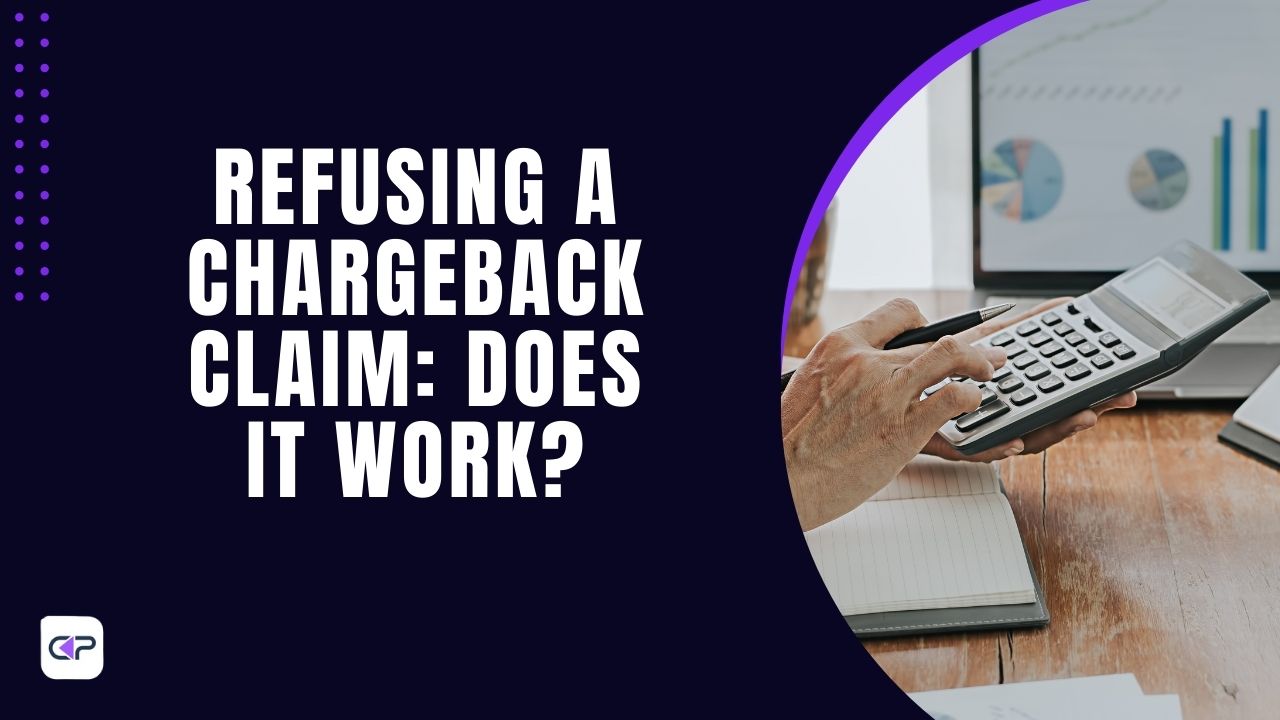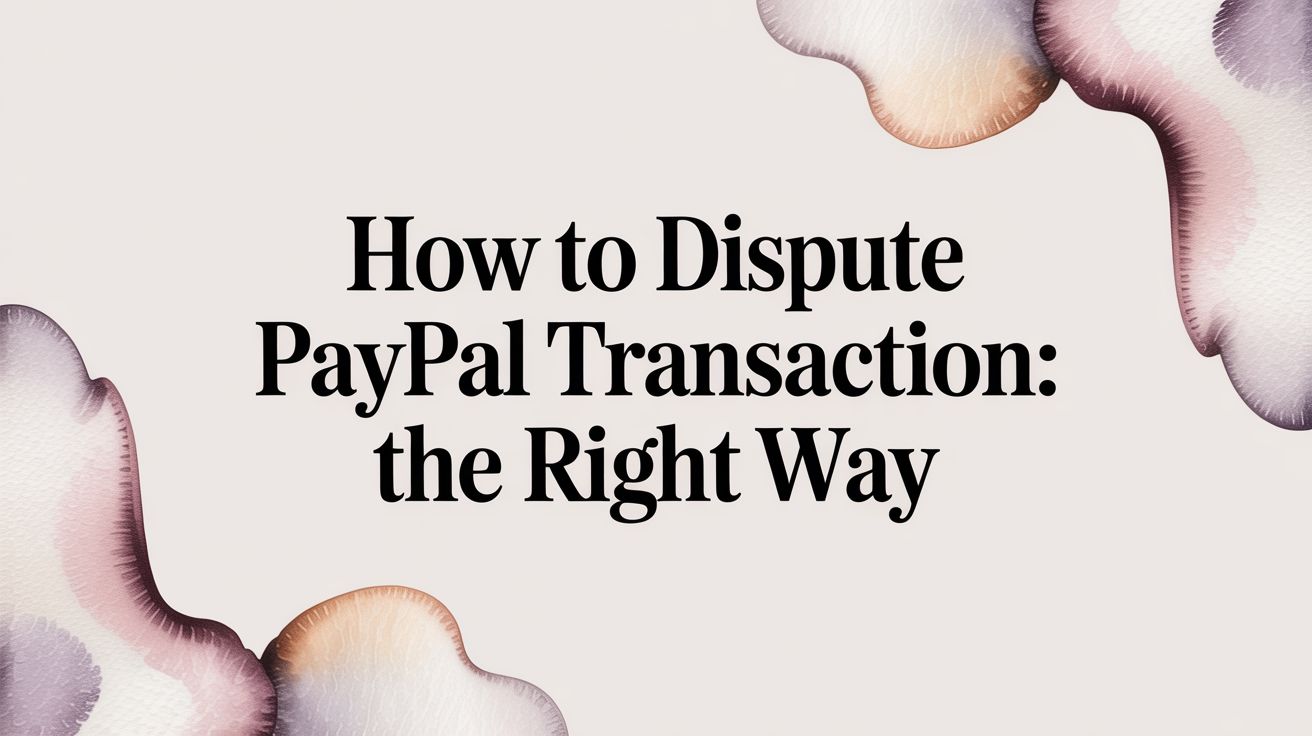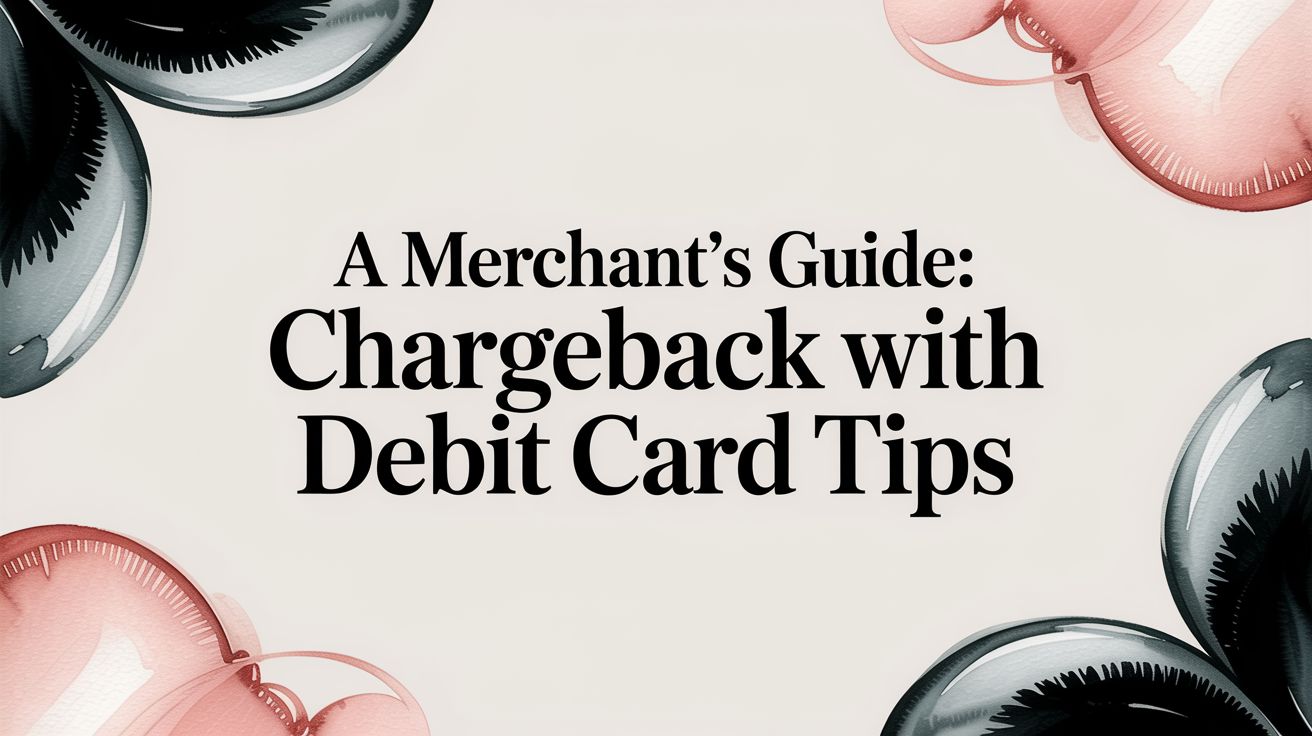
Chargebacks are a serious financial concern for merchants where fraudulent chargebacks are on the rise due to multiple reasons. According to Signifyd 2021 report, businesses lose an estimated $125 billion annually to chargeback fraud.
As much as 86% of chargebacks are usually “friendly fraud,” where customers dispute legitimate transactions. Despite these staggering numbers, merchants mostly question us in demos that if they have the right to simply refuse a chargeback. Unfortunately, the answer is NO.
In this article, we’ll explore why merchants can’t refuse chargebacks and what their actual rights are to mitigate disputes.
Can Merchants Refuse a Chargeback?
The short answer is NO—merchants cannot refuse a chargeback.
Bank, credit card network, or payment processor will not allow businesses to simply decline a chargeback, even if the merchant has a policy stating otherwise.
It's because chargebacks falls under consumer protection laws to protect buyers from fraudulent activity or unauthorized transactions.
These laws ensure that consumers can dispute a transaction and recover funds if the transaction was invalid. This means that regardless of a merchant’s internal policy, they are legally obligated to process and respond to chargebacks.
While refusing a chargeback outright is not an option, merchants still have to protect themselves from dispute unjust claims.
The Merchant's Right: Disputing Chargebacks
Though merchants cannot refuse chargebacks, they do have the right to dispute them through a process known as representment.
Representment allows merchants to challenge chargebacks that are unjust or fraudulent. It start by submitting evidence to the issuing bank to prove the validity of the original transaction.
This is a critical step for businesses, as successful disputes can reverse chargebacks, saving merchants from revenue losses and penalties. However, navigating this process can be time-consuming and requires proper documentation.

Steps to Dispute a Chargeback
The chargeback dispute process is structured and requires careful handling. Here’s a breakdown of the steps merchants must follow:
1. Gather Evidence
The first and most crucial step in disputing a chargeback is collecting all relevant documentation that proves the transaction was legitimate. This might include:
- Order receipts and transaction details.
- Proof of product delivery or service completion.
- Communications with the customer (emails, chat logs, etc.).
- Any additional terms and conditions the customer agreed to at the time of purchase.
Thorough documentation is key to winning chargeback disputes, as the merchant must prove that the transaction was authorized and fulfilled as agreed.
2. Representment
Once the evidence is gathered, the next step is representment. This involves submitting the documentation to the issuing bank for review. The goal is to present a clear, compelling case that the original transaction was valid and the chargeback is unjustified.
During representment, the issuing bank reviews the provided evidence and makes a decision on whether to reverse the chargeback or uphold it. While not all disputes are successful, strong documentation and timely responses greatly increase the chances of winning.
3. Arbitration
If the dispute cannot be resolved through representment, the next step is arbitration. This is typically managed by the card network (Visa, Mastercard, etc.) and involves a more formal review of the case. Both the merchant and the cardholder’s bank submit evidence, and the card network makes a final decision. Arbitration is usually the last resort, as it can be time-consuming and costly.
Best Practices to Increase Chances of Winning a Dispute
To successfully navigate the chargeback process, merchants should implement best practices that improve their chances of winning disputes:
- Maintain Thorough Records: Keep detailed documentation for every transaction, including order confirmations, shipping details, and customer communication. This evidence will be critical when disputing chargebacks.
- Understand Chargeback Reason Codes: Each chargeback has a specific reason code that outlines why the customer filed the dispute. Understanding these codes helps merchants tailor their response with the most relevant evidence.
- Respond Promptly: Time is of the essence when dealing with chargebacks. Payment processors often have strict deadlines, so merchants should have processes in place to gather evidence and respond quickly.
- Improve Fraud Detection: Implementing fraud detection tools like Address Verification Services (AVS) and Card Verification Value (CVV) checks can help prevent fraudulent transactions, reducing the overall risk of chargebacks.
Using ChargePay for Efficient Chargeback Management
Managing chargebacks manually is overwhelming and resource-intensive. This is where ChargePay comes in. ChargePay is a leading chargeback management solution that helps businesses handle disputes efficiently and effectively.
By utilizing AI-powered fraud detection and automated dispute processes, ChargePay ensures that merchants respond quickly to chargebacks while maximizing their chances of winning disputes. The platform automates evidence gathering, submission, and tracking, giving businesses a streamlined process that minimizes manual intervention.
With ChargePay, merchants can protect their revenue, reduce chargeback rates, and maintain relationships with payment processors.
Ready to simplify your chargeback management? Book a demo with ChargePay today and take control of your disputes!







.svg)







.svg)
.svg)
.svg)